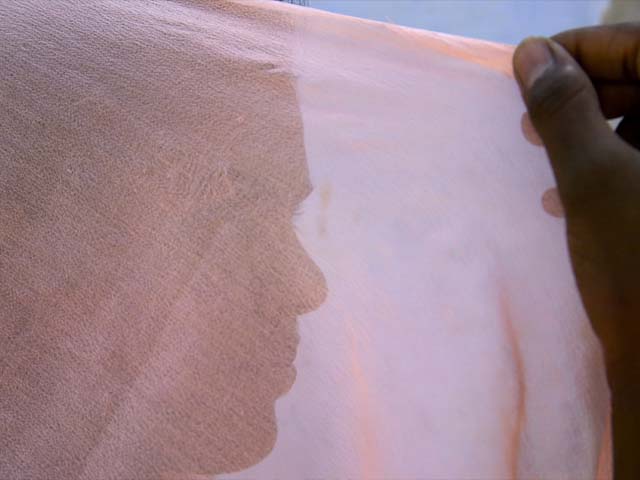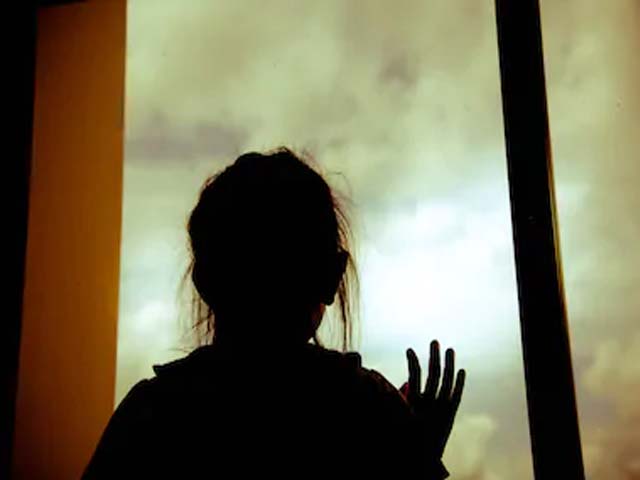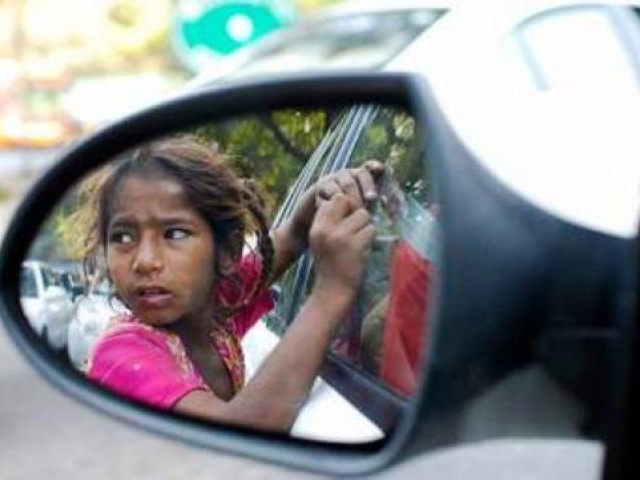
You have to read carefully if you want to know the Secrets of the Kashmir valley
She talks about the tenacity of women who refuse to stand down in the face of utter hopelessness.
In the valleys of green,
In the depths unseen,
There are eyes that wait,
They remember the date,
Of their own demise,
Of their unseemly plight,
Will their wait ever end?
Or their lives will be spent;
Forever in dark,
Or will they close in the end,
Without leaving a mark?
Such is the predicament of the poor beings in Kashmir. Will they all die one day without leaving a mark on this earth? We hear about their dying voices, their blind eyes and their shelled homes but how will it end? Will it end in a humanitarian solution to their woes or will it be like it has always been? A vicious cycle of political wills and inflated egos, too big to bend and too hard to break; this is how the issue has been handled.
Those among the masses who are sensitive to the Kashmir issue are unable to play any concrete role in the matter, and thus remain confined to expressing their concern via their writings. However, the significance of the powerful message that literature conveys, cannot be ignored. Books may be personal reflections or memoirs but when they become public, they leave a never-ending imprint on the world. Such an addition to the existing literary treasure on Kashmir is Farhana Qazi’s book, ‘Secrets of the Valley: A Personal Journey to the War in Kashmir Between India and Pakistan’.
Farhana Qazi confirms herself as an accomplished writer through her previous works but this book establishes her status as a profound storywriter. The book starts with poignant memoirs, interviews with beaten down women and men of Kashmir, and it ends on an optimistic note regarding the future of the valley.
The first few chapters contain the details of Farhana’s early days with her resilient grandmother, nano, a person that we learn to love over the course of the entire book. Her renditions of the time spent in the valley and her spirited defence of the cause of Kashmir, reflect the feminine treasure of patriotism that lies in this part of the world. Kashmir is an oddly placed chunk of paradise that has become the bone of contention between the two traditional rivals, India and Pakistan.
The serene beauty of the valley is only surpassed by the terrible amount of pain that has been inflicted upon its people. Nano’s words ring true through years,
“Kashmir is worth fighting for.”
Thus even in face of all this resistance, the locals have not given up on their dream for independence. As far as the state of women empowerment in Kashmir is concerned, it is quite clear from the enthusiastic approach of nano that women of Kashmir do not back away from confrontation.
The book projects some very important personalities from Kashmir which are none other than all the indigenous women of the valley. These women were courageous enough to narrate their horror and their suffering to Farhana, who then inscribed it in her chapters, making it the life and soul of her book. Thus, an extensive amount of research went down in the writing and compilation of this book.
However, she did not only meet beaten down mothers but also met Sadia, the ‘bomb girl’. Girls like Sadia were not content with the amount of struggle that they could do for Kashmir. She did not like sitting at home or even protesting against the atrocities but instead she wanted to be in the frontlines, fighting for the freedom that her people deserved. Farhana describes her as exquisitely beautiful, someone who could have been at the cover of the Vogue but instead wanted to be a suicide bomber.
This was the resilience, the enthusiasm and the level of strength that these women possessed. There was another lost soul by the name of Mughli, whose story was the epitome of sadness and despair. Her son had left home one day to never return and that grief had struck Mughli with permanent madness. However, her one genuine request was the demand for seeing her son or his grave at least. All she requires is some closure from her endless pain mixed with glimpses of hope that her son might return some day.
Such are the stories that Farhana tells us through her words. It is a story of despair that she tries to culminate with hope for the future. She talks about the tenacity of women who refuse to stand down in the face of utter hopelessness. Despite penning down the tortures and traumas that are altering Kashmiris lives, Farhana Qazi leaves the reader on an optimistic note: There is hope in Kashmiri youth.
On this note, she tends to believe Kashmiris are able to speak for themselves; their voice will be heard; and they will get victory, freedom, ultimately.




COMMENTS (4)
Comments are moderated and generally will be posted if they are on-topic and not abusive.
For more information, please see our Comments FAQ